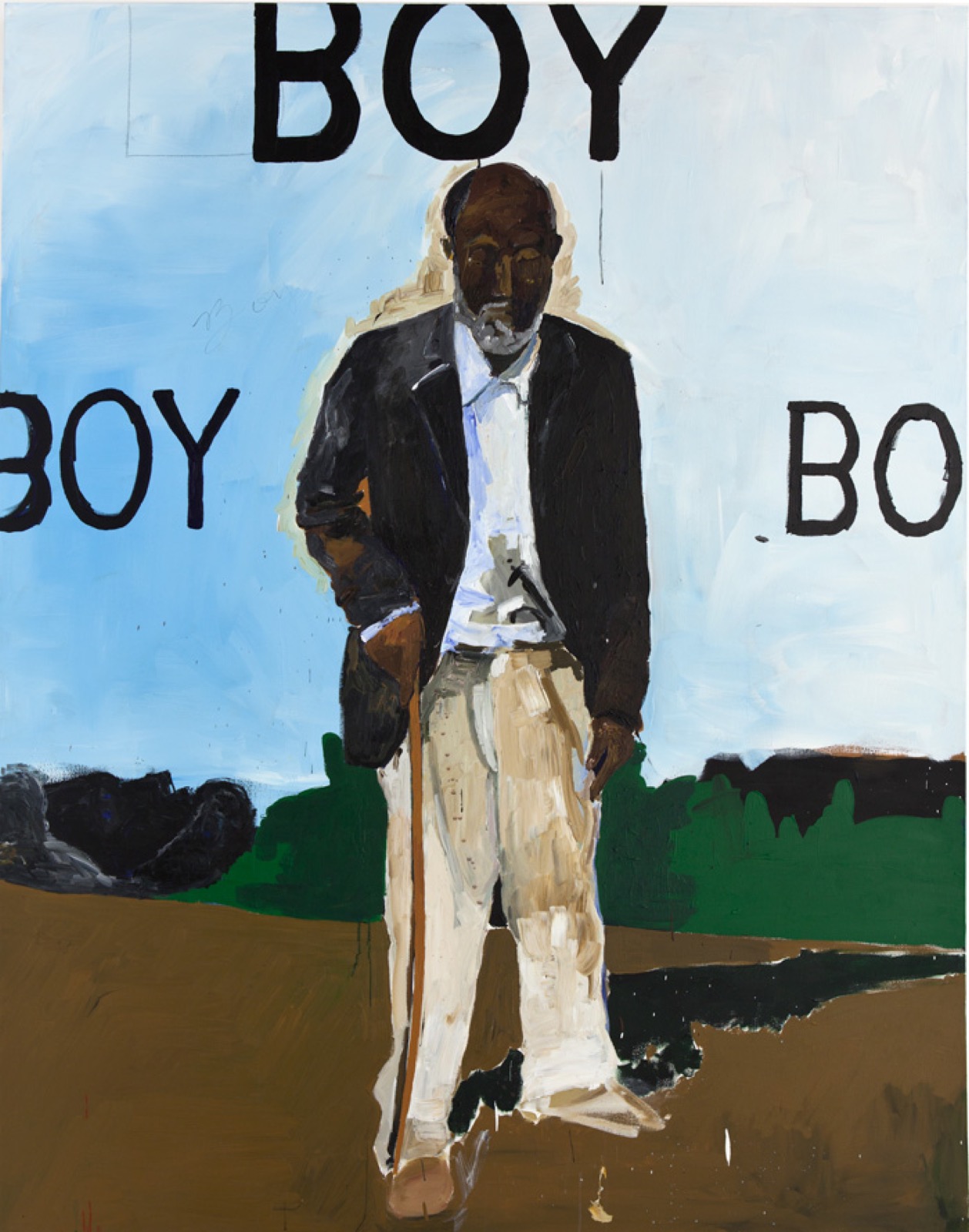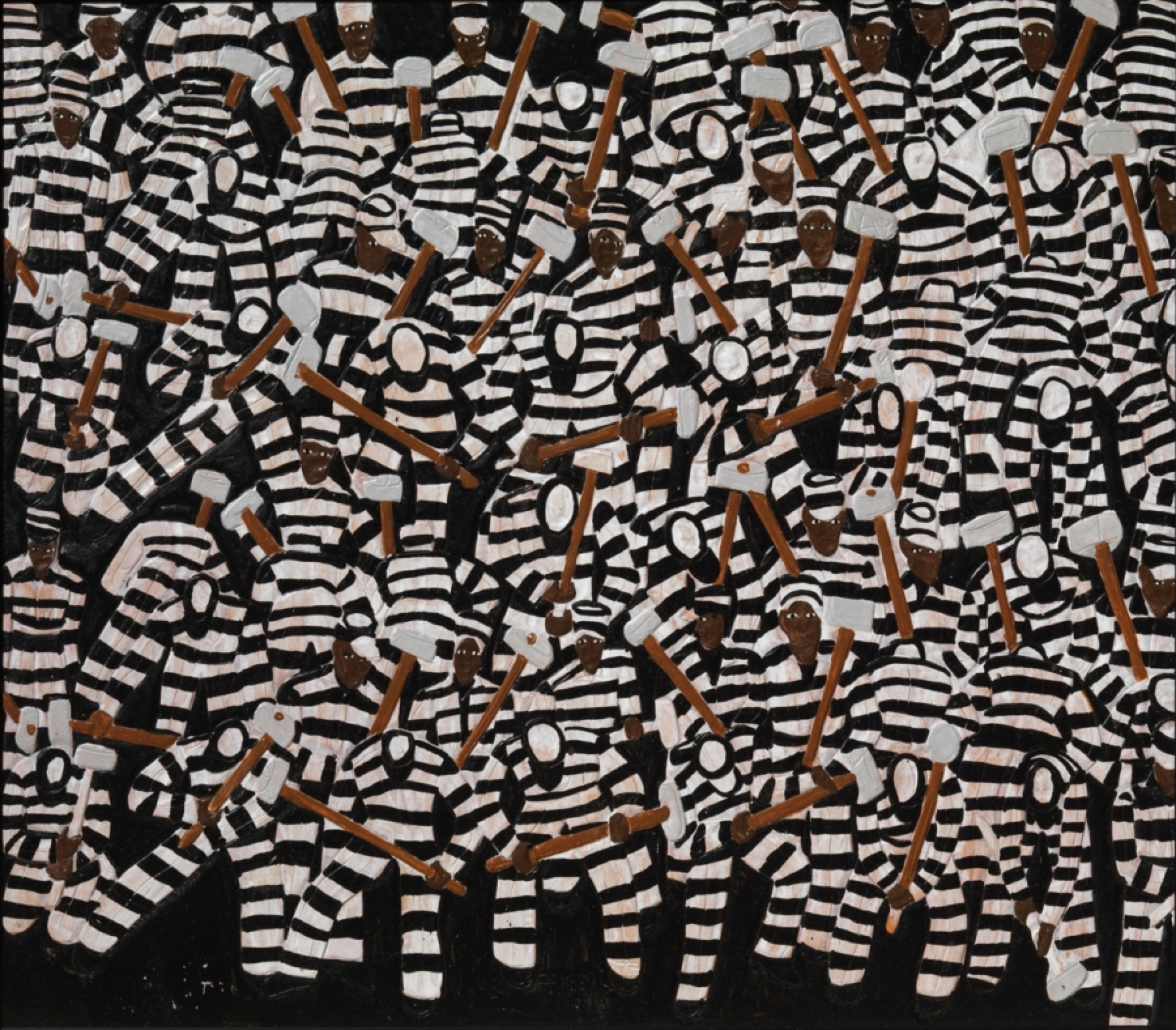Work
We been trodding on the wine press much too long,
Rebel! Rebel! — Bob Marley
It is easy to miss the word work;
take it to mean what it isn’t.
Look at this man’s hands, look
at the toughness in his fingers,
the way his nails darken at the edges;
the way his skin is marked
by old scars, the way his palms
are leather-tough; a grater of skin
if he drags those palms over
your arm; those hands still
remember the smooth shape
of wood; the grooves where
the blisters would settle and then
harden to toughness; the handle
of the clumsy seed planter, bouncing
on the uneven grooves, planting,
planting. Sometimes it is easy
to not know that on the plantation
out there on James Island,
every morning, seven days a week,
a bell would sound out, and that
bell would mean that thirty minutes
was left before you lined up
by the fields to start to sweat,
and you would work all day
to pay rent on that wood shingle
and mud chimney that the planter
had given you. And if you miss
a day, your family would lose
shelter. That is work: work is
keeping the wolves from your door,
work is the left foot following
the right, the sickle swinging,
the dirt on your skin, and dirt
is the shadow over you when
the script has run out; work
is always behind, always owing
somebody something, work
is payment in June for debt
in December when the cold
reaches into your gut, holds
you down; work is one pair
of shoes each season; barefoot
grown man all summer long,
and mules for the freeze
all winter; work is the crocka,
burlap sack stained with dung
and sweat, smacking the back,
feet with cotton; work is the day
you think you are grown enough
now to run, to run from this
constant stepping back, only
to find that big-bellied white
man with his straw hat, overalls,
cigar in his mouth and black-
as-night shades, with a shotgun
in his hand saying, “Here are
some stripes, nigger, nice stripes
to help you work better—now
you get three meals a day, Uncle;
now you get a bed to sleep on,
boy; now you got something
to live for.” Work is the time
you spend trying to eat away the time
you owe, work is what you get
from what you do; work is all
a nigger has for sure, and work
tells you that nobody, nobody
is going to give you something
for nothing; work is like breathing,
after a while there is no more
breathing left; and every breath
is a loan, and your pocket
is empty; you will never pay
it back. Work is all a man has,
and work is nothing, nothing
at all; work, work, work, work . . .
Time
1
All these shining things, the clean road,
long slick cars zipping, got steel, oh steel,
such shining new things, cover up the blood
they are spilling in Alabama; girl, I feel
what you feel deep in the woods looking
at the hole in his socks, his big toe
sticking out: nothing shining here, nothing
beautiful, no, just the dry blood. Lord, show
my people who are grinning about how far
we’ve come, got white folks dancing
to some nigger singer like this is where
we always wanted to go. Just these shining
things to blind us; tomorrow I will pick
them up on the roadside, no more slick.
2
We are at the edge of the madness,
sitting and swelling warm under the skin.
So you think that shuffling and press
of bodies against the fence will end?
You think the wail of that trumpet,
dizzy zig-zag over the tracks, leaping
off the tracks, doing their own junk,
not giving a damn about lining
up to something set out; you think
this is where we are going? Listen,
hear the chaos of that drum stinking
up the joint; we are crazy, brain missing
that screw they put in, it’s gone, man,
and this madness is where all peace done gone.

Past Fifty
Put three fifty-year-old black musicians
in a studio in 1924, and you know by the numbers
that they were born so close to the stench
of slavery that they still smell it whenever it rises
from some broken-down black man’s armpits
and crotch; they know their smell. Three
blues men, two can’t read, never had to read
to make their big old hands turn those strings
into a symphony of rhythm and blues.
These three men haven’t forgotten to always
look behind them wherever they go, always
study the shadows in a dark club,
always walk the wide-open roads;
and every one of them has a satchel
full of memories that have sat there
so long, they come out as lies, or the
weight of silence when they aren’t careful.
Take these fifty-odd-year-old negroes,
ask them to tell you about the blues,
and they will tell you about what cotton
feels like in your hand when you bleed
to pull it off the stems; they will
tell you what it feels like to climb up
the wide trunk of a live oak tree,
crawl along the bolt-straight
lower branch to cut the rope
with the flies swarming your
face, so the body of your cousin
can fall into the arms of the women
who will wash his skin, clean
the shit from his legs, the spit
from his face, before they lay him out
on the table, singing hymns, wondering
why so many boys have to die to the
whoop of rebels, the thick smell of tobacco
and the circling of ghosts. Ask them
about the blues, they will tell you
about the taste of bile in your throat
when you are running through the night,
the sound of hounds at your back, and
you praying to make it to the bridge,
to familiar paths where you know
you will find shelter—Who is chasing?
Always hellhounds, Jesus, fired
up with moonshine and the hankering
for blood. The blues, that is rumors
of the Promised Land, that is the scattering
of the children of perdition along the dusty
roads of these southlands, nobody looking
back to see the smoke and flame over their
church, their home, their cities.
Ask them about the blues, they will
tell you what the train sounds like
as it comes through Mississippi, Alabama,
Arkansas, South Carolina, Georgia;
how it sounds as it takes you where
you have never been, and you are always
looking back to see if they are still
coming for you. Ask them what is
the blues, and they will tell you it’s that one
night when you can smell the remnants
of charcoal and barbecue sauce in the air,
and the low funk of spilled liquor
and cigarette ashes, and you feeling high
enough to know your name, and a woman
holds you so close you feel at last
that you can cry like the day your mama
held you; and you cry everything you have
out and she takes you in, calls out your
name, pats you on your back, and sings
a song so sweet it has to be the blues—
a woman with no name somewhere
on the road. That is the blues, the comfort
of love, the weight of tears, just something
passing you by, something that makes you think
that the man coming to find you—the cracker
with his brothers and his shotgun coming
to find you because you owe him, and, yes,
you owe him money because you figured
you could borrow money and pay it back,
because when you walked up to him
you felt like a man, and you felt strong,
and you felt there was no way you
couldn’t pay him back like you said
you would, and now you don’t have it,
and he won’t wait no more—that feeling
making you think that running is
the only answer—the world passing
you by; happiness slipping away
from you, liquor leaving you cold,
no buzz, no swimming, just sick;
laughter like something you might
never see again; that woman like
something you will never taste again.
You don’t live to be fifty-something
by fighting nobody who could
beat you up. You don’t live to be
fifty and still be a negro man
by saying what is in your head to say,
like that is freedom or some such shit.
You don’t get to be fifty and still
standing by looking like you know
what time it is or what o’clock
the world starts and stops. You get
to be fifty by walking in the shadow,
by keeping the numbers in your head—
adding fifty to forty-three, to eighty-one,
taking away five, then five more,
then adding thirty-seven, and counting
interest, and thinking of all these numbers
when you are drunk or sleeping or just
walking in the dew—numbers falling
on your head like hail, stinging you
every time they hit—but you live
by keeping the numbers in your head,
hiding them there, never speaking them;
you get to be fifty by staying in the shadows;
play your music with your eyes
closed tight, walk out the back way
before the last sound has settled
through the saloon. You get to be fifty
by remembering what a nigger slave
your granddaddy smelt like, like all his life
it is a blue smell, like crushed grass,
and the heavy taste of dirt in the skin;
it is the smell of folks who get by;
waiting to lay still and let hallelujahs
cover them before they go down under
the crumbly earth. Three fifty-something-
year-old musicians, in Chicago—
they will talk to you, soft and easy;
nothing else to it—just living on.
Enjoy these poems? Subscribe to the Oxford American.


